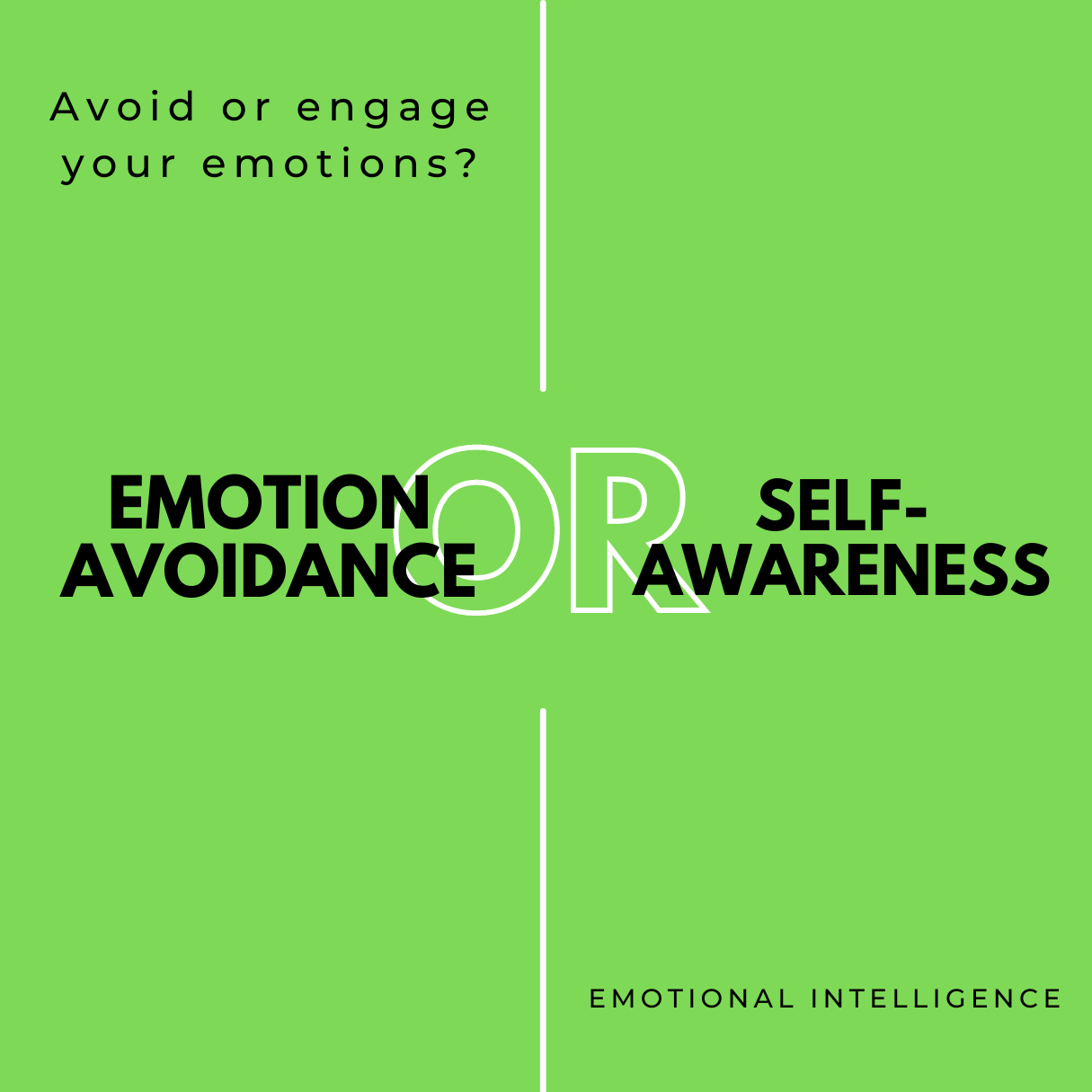Processing Life: Navigating Through Emotions and Challenges

Situation/Challenge
Life is full of challenges and emotions that can sometimes feel overwhelming. Anxiety, disappointments, fears, grief, and attainment or goal frustration are all common experiences that can impact our mental health and overall well-being. As we navigate through life, it’s essential to learn how to process these emotions and challenges in a healthy and constructive way.
Principle
The central principle to effectively processing life’s challenges is to acknowledge and accept our emotions, while also understanding that we are not responsible for everyone’s feelings. By allowing space for ourselves and others to own and process emotions, we can cultivate a supportive environment that fosters growth and resilience.
Pitfalls
There are several pitfalls that can hinder our ability to process life’s challenges effectively:
- Ignoring or suppressing emotions: Ignoring or suppressing emotions can lead to increased stress and emotional turmoil. It’s important to acknowledge and accept our emotions as they arise, rather than pushing them away.
- Taking on other people’s emotions: While empathy and compassion are important, it’s crucial to remember that we are not responsible for everyone’s feelings. Taking on other people’s emotions can be emotionally draining and can prevent us from focusing on our own well-being.
- Ruminating on negative thoughts: Constantly dwelling on negative thoughts or emotions can perpetuate feelings of anxiety, disappointment, and fear. It’s essential to recognize and challenge these thoughts to prevent them from taking over our lives.
Unlearn
To process life’s challenges effectively, we need to unlearn certain beliefs and behaviors:
- The belief that emotions are a sign of weakness: Emotions are a natural and healthy part of the human experience. It’s important to unlearn the belief that expressing emotions is a sign of weakness and instead embrace vulnerability as a strength.
- The habit of avoiding difficult emotions: Avoiding emotions only prolongs the healing process. We must unlearn the habit of avoidance and instead learn to face our emotions head-on.
Relearn
Once we have unlearned these beliefs and habits, we can relearn healthier ways to process life’s challenges:
- Cultivate self-awareness: Developing self-awareness helps us recognize and acknowledge our emotions as they arise, allowing us to process them more effectively.
- Practice self-compassion: Treating ourselves with kindness and understanding when faced with challenges can help us navigate through difficult emotions and foster resilience.
- Establish healthy boundaries: Setting boundaries with others allows us to protect our emotional well-being and ensures we do not take on the responsibility for other people’s emotions.
Application
To apply these principles and strategies in processing life’s challenges, consider the following steps:
- Acknowledge and accept your emotions: When faced with a challenging situation or emotion, take a moment to acknowledge and accept what you’re feeling without judgment.
- Practice self-compassion: Remind yourself that it’s okay to feel the way you do and treat yourself with kindness and understanding.
- Establish healthy boundaries: Communicate your emotional needs and boundaries with others, and respect their boundaries in return.
- Seek support: Reach out to friends, family, or a mental health professional for guidance and support in processing your emotions and challenges.
By following these steps and embracing the principle of allowing space for ourselves and others to process emotions, we can navigate through life’s challenges with greater resilience and emotional well-being.
